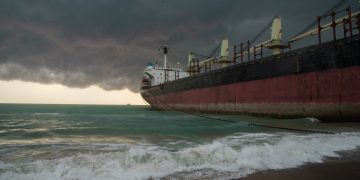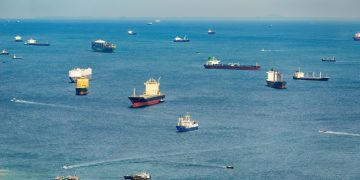Global sea surface temperatures provides new measure of climate sensitivity
Insight into the sensitivity of global temperature Scientists have developed important new insight into the sensitivity of global temperature to changes in the Earth's radiation balance over the last half million years. The sensitivity of global temperature to changes in the Earth's radiation balance (climate sensitivity) is a key parameter for understanding past natural climate changes as well as potential future climate change.In a study in Journal of Climate, researchers from the Universities of Southampton and Bristol for the first time reconstructed climate sensitivity over five ice-age cycles based on a global suite of records of sea surface and polar temperature change.These are compared with a new reconstruction of changes in the Earth's radiation balance caused by changes in greenhouse gas concentrations, in surface reflectivity, and in insolation due to slow changes in the Earth-Sun orbital configuration.The study calculates global mean climate sensitivity, but also considers its relationship with latitude. This is important because many of the past radiative changes were not equally distributed over the planet, in contrast to the more uniform distribution of the modern radiative changes due to rising greenhouse gas levels.The researchers infer that Earth's climate sensitivity over the last half million years most likely amounted ...
Read more


























































